In heat of politics, a ‘kinder’ culture is wishful thinking
Parliamentary debate in this country is as robust as ever. Those who do not want to view democratic politics in action have other options.
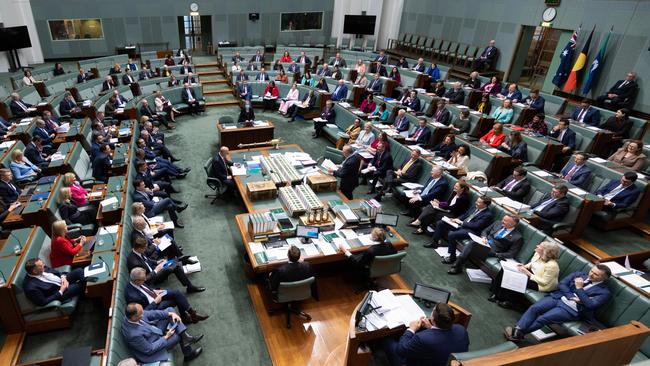
Soon after, Bush became his nation’s 41st president. However, during his four-year term the US became neither kinder nor gentler – but nor did it deteriorate with respect to such values.
Representative democracies are essentially about the management of conflict. There will be division, to a greater or lesser extent, within any society. But no administration in a nation can deliver kindness and the like at a personal level.
These days the concept of The Fall – the notion that imperfect individuals will live and die in what was once widely regarded as a state of sin – is going out of fashion. But utopia never has, nor will, prevail over the earth.
It’s just over a year since the Labor Party won office after close to a decade in the political wilderness. Anthony Albanese gave the impression political life under Labor would be less strident than it had been under Scott Morrison. The Prime Minister declared his intention to “change the way politics operates in this country”.
However, the uproar in the House of Representatives this week concerning circumstances surrounding the alleged rape of a young woman in Parliament House early one Saturday morning some years ago has demonstrated parliamentary debate is as robust as ever.
On May 20, around the first anniversary of Labor’s victory that saw the Liberal Party lose a total of six safe, or relatively safe, seats to the teal independents in Sydney, Melbourne and Perth, Nine columnist Nick Bryant interviewed three crossbenchers in the new parliament on the ABC Saturday Extra program – Zoe Daniel (independent for Goldstein in Melbourne), senator Tammy Tyrrell (Jacqui Lambie Network, Tasmania) and Kylea Tink (independent North Sydney).
Of this trio, only one has real political clout. Tyrrell shares the balance of power in the Senate. Along with colleague Lambie, plus senators Pauline Hanson and Malcolm Roberts (One Nation), David Pocock (ACT), Ralph Babet (United Australia Party, Victoria) and Lidia Thorpe (Victoria).
If the Coalition opposes legislation introduced by Labor and supported by the Greens, then the government needs the support of two of the Senate crossbenchers. This calculation is based on the assumption that senator David Van, who was effectively expelled from the Liberal partyroom on Thursday, votes with the Coalition.
The teal independents invariably receive soft interviews on the ABC along with much positive coverage in Nine newspapers in Sydney (The Sydney Morning Herald) and Melbourne (The Age).
Bryant advised Daniel that when she launched her campaign in 2022 he thought “there was a kind of prairie fire in the Australian suburbs”. And he described Tink’s victory in North Sydney as containing “the essence of this, this revolution”. Somewhat hyperbolic, don’t you think?
Tink told Bryant the Albanese government cannot guarantee what she’s going to say on any given day it raises a policy issue but “my community knows … what they want me to talk about”. In fact, the government has scant interest in what the member for North Sydney says on a given day and the overwhelming majority of her constituents would have no idea.
Then Daniel informed the ABC interviewer it was good for Australia to have politicians with different life experiences in the parliament. Quite so. But this has nothing to do with the recently elected teals. All are white, well off and highly educated, and all represent affluent seats.
Tink declared that the Speaker of the House of Representatives, Milton Dick, has termed the area where the crossbench sits as “prefects’ corner”. Maybe he said it in a flattering kind of way – but crossbenchers in the house do not even have the authority of high school prefects.
In response to a question, Daniel advised Bryant that the teal independents are affecting cultural change in parliament and quoted Kate Chaney (the independent MP for Curtin in Perth) as describing their influence in this regard as “nudging”.
All that was less than a month ago. Before then, Thorpe, who was elected as a Greens candidate in May last year, declared at a demonstration in Melbourne on January 26 “this is war”. She quit the Greens in February and is now an independent. Thorpe, an Indigenous woman with a white father, declared “we are sovereign and this is our land”.
It would seem Thorpe is the first Australian parliamentarian to claim in public that the national parliament in which she sits is not sovereign Australian land.
In late May, Thorpe engaged in a shouting match in Senate estimates with Labor frontbencher Malarndirri McCarthy, an Indigenous senator from the Northern Territory.
McCarthy called Thorpe a “disgrace to your people” and Thorpe suggested the Labor assistant minister was an “absolute disgrace”. Moreover, Thorpe recently said she has complained to the Human Rights Commission about alleged racism in the Greens partyroom.
Meanwhile in the House of Representatives, the Prime Minister has behaved a bit like his predecessors – Labor and Coalition alike. As has Opposition Leader Peter Dutton.
This has been increasingly evident in recent weeks concerning the debate over how the alleged rape in Parliament House some years ago has been handled by the previous Coalition government and the current Labor government. Perhaps the prefects’ corner is on school holidays.
The Australian parliament has always been a lively place. Perhaps the most vivid expression of this occurred in 1965 when temperamental opposition leader Gough Whitlam threw a glass of water over the mild-mannered Paul Hasluck, the minister for external affairs in the Coalition government. The incident was soon forgotten and Whitlam led Labor to victory from opposition in December 1972.
Robust debate in parliament is a feature of Western representative government. Former Labor prime minister Paul Keating did not want parliamentary proceedings shown on television because he believed the behaviour of some parliamentarians would not be appreciated by the electorate. But it happened.
There is no such thing as kinder, gentler democratic politics. Those who do not want to view democratic politics in action have other options.
Gerard Henderson is executive director of the Sydney Institute. His Media Watch Dog column can be found here.


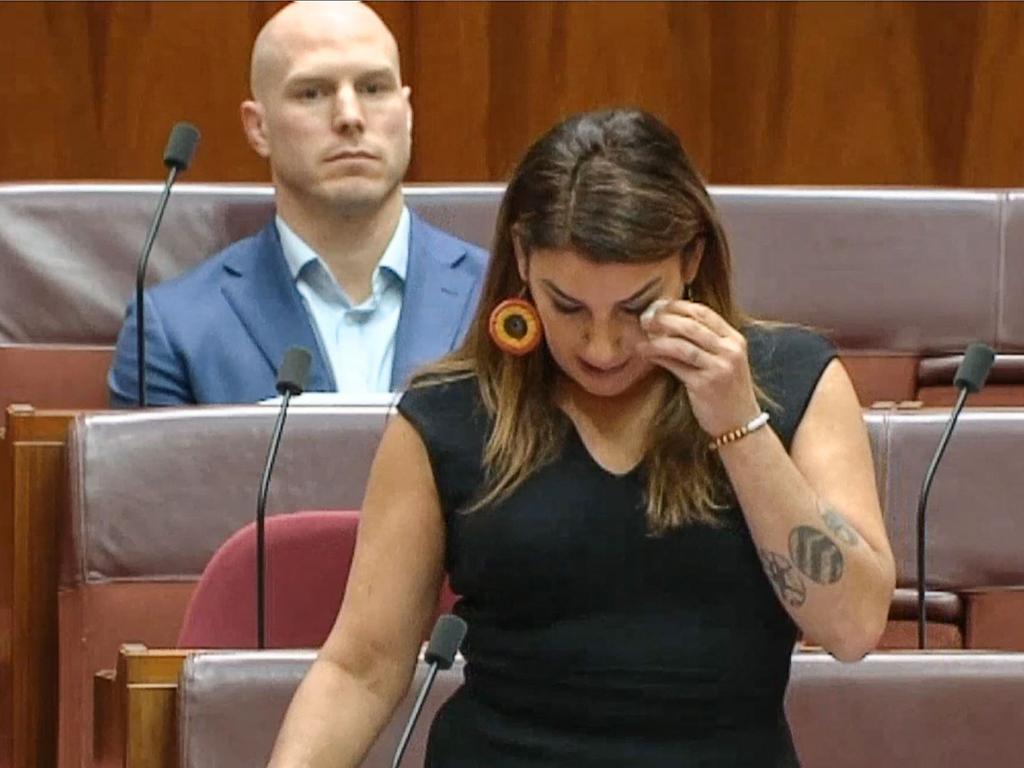

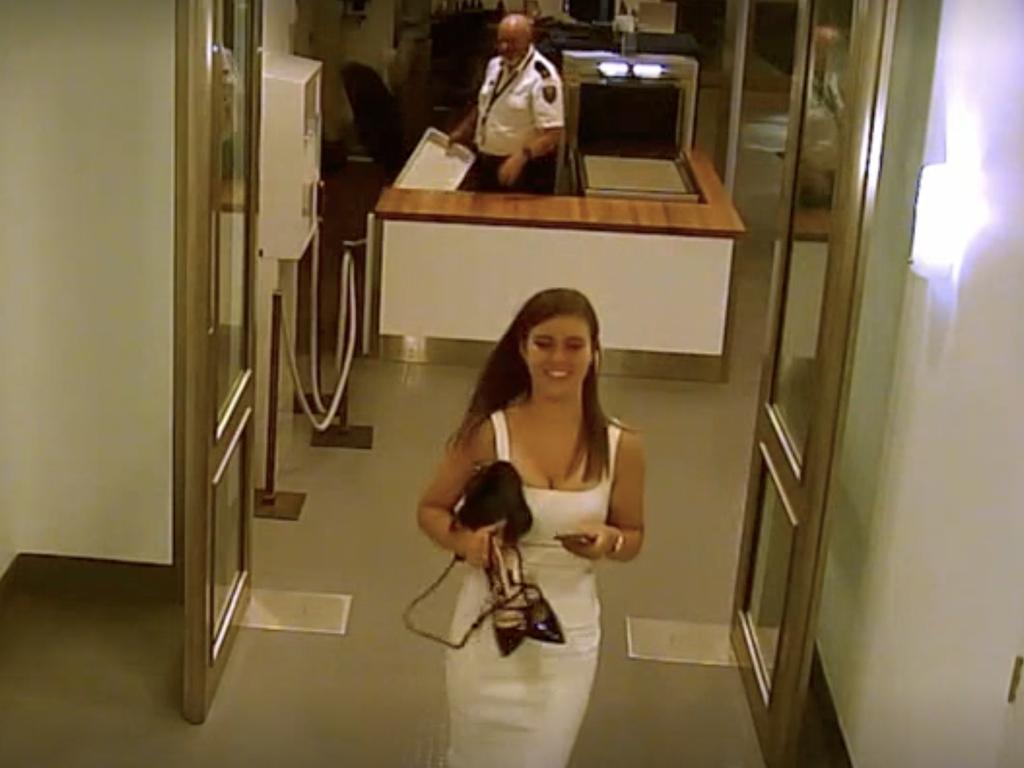
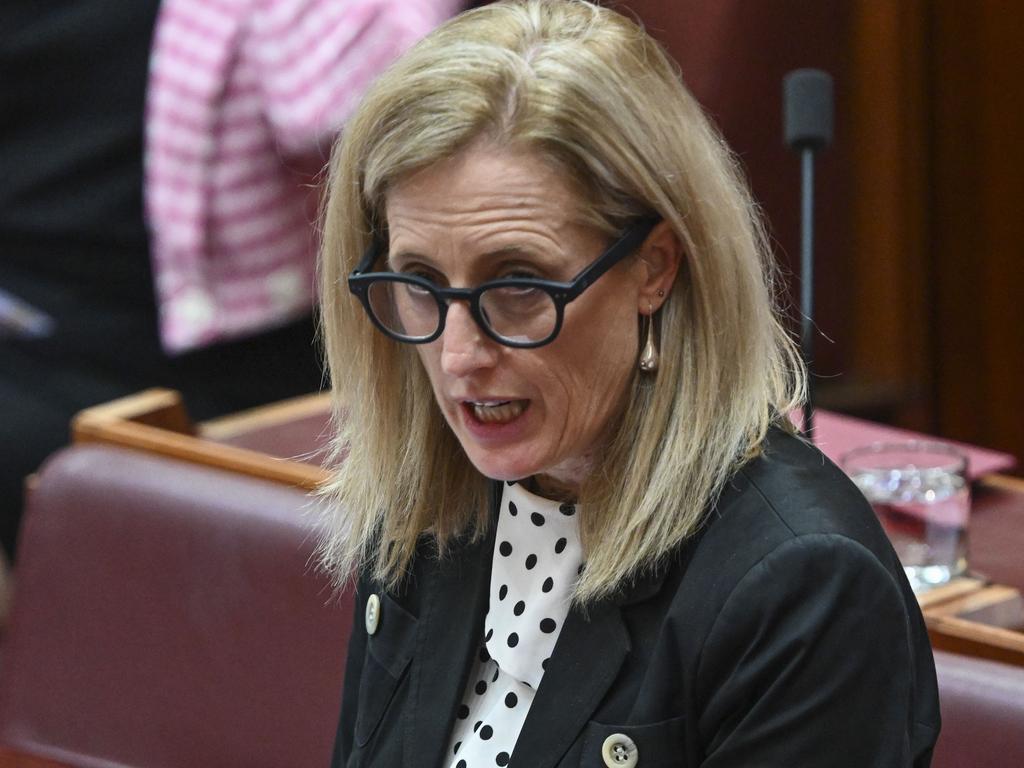
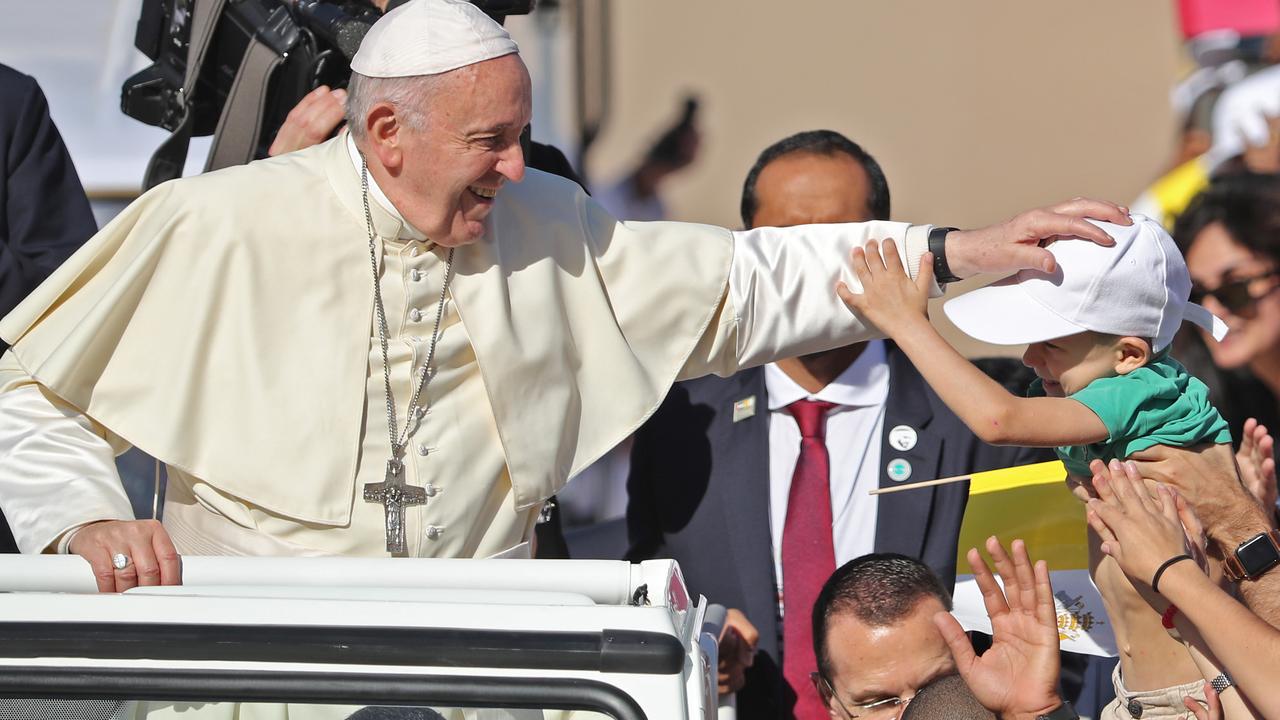
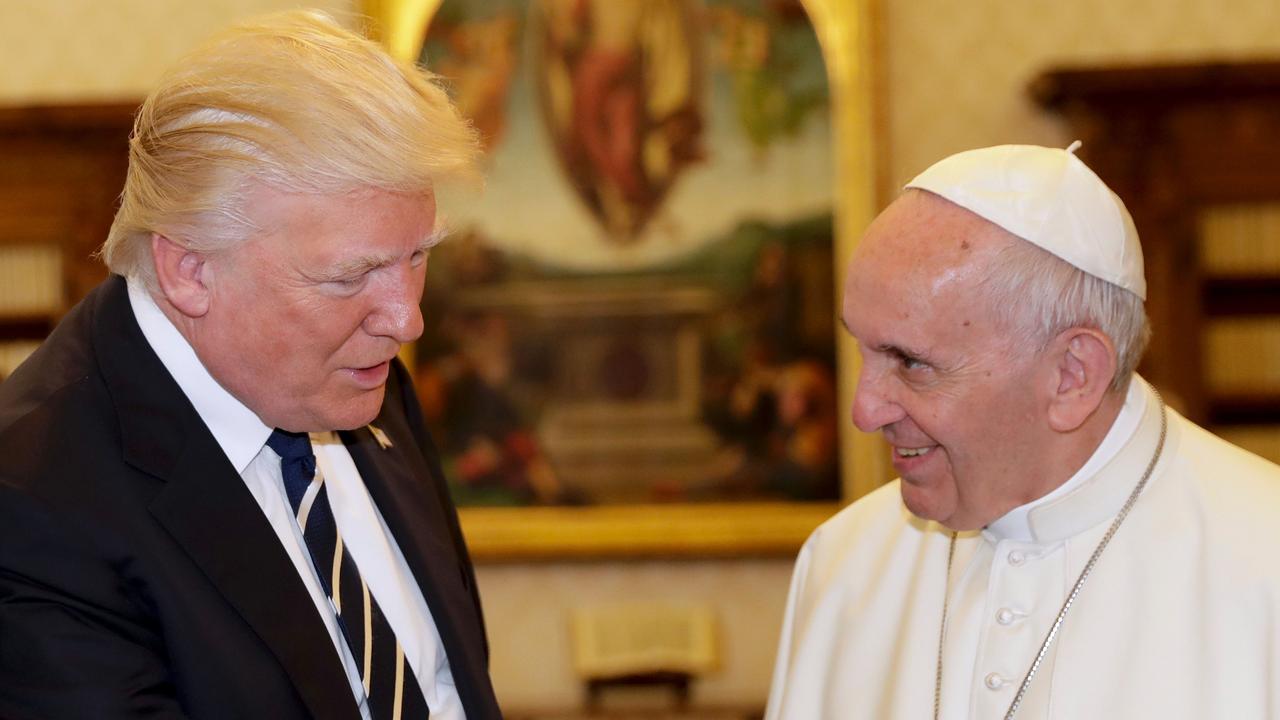
It is just over a generation since George HW Bush told the Republican national convention he wanted the US to be a “kinder, gentler, nation”.